
Science
21:44, 26-Feb-2019
China faces insufficient sperm donors as infertility rises
Updated
22:14, 26-Feb-2019
By Yang Jinghao, Zhang Kai
02:56
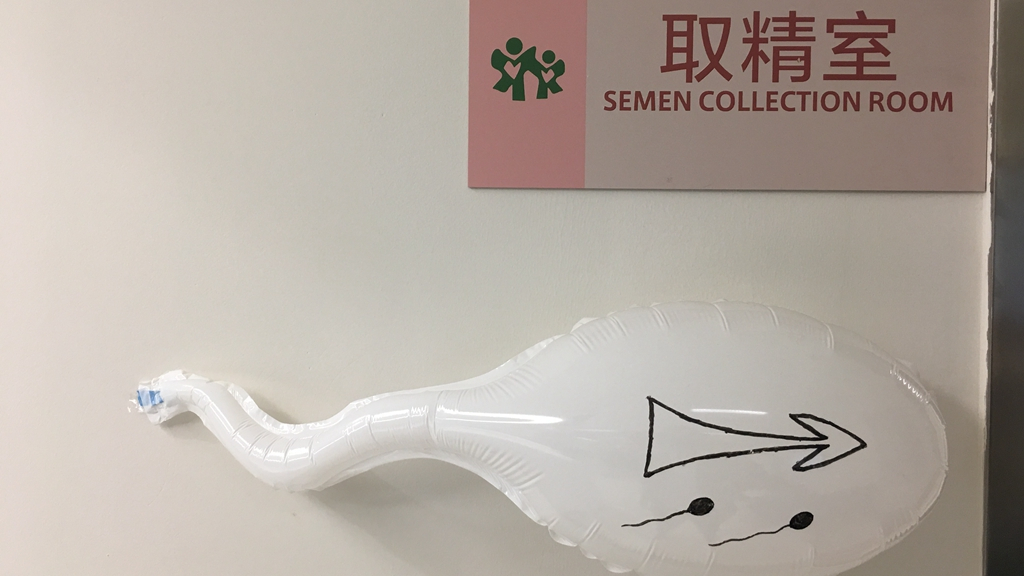
Sperm banks across China are experiencing a new wave of supply shortage as demand continues to grow.
Sichuan Human Sperm Bank said it had 800 volunteers in 2018, down from 1,400 the previous year. The hospital in the southwestern province is not alone. Neighboring Shaanxi Province experienced an even sharper drop during the same period – from 1,800 to some 750 people.
Centers in some other provinces have also turned to the Internet, calling for more young people to engage in this humanitarian act, and offering monetary rewards as incentives.
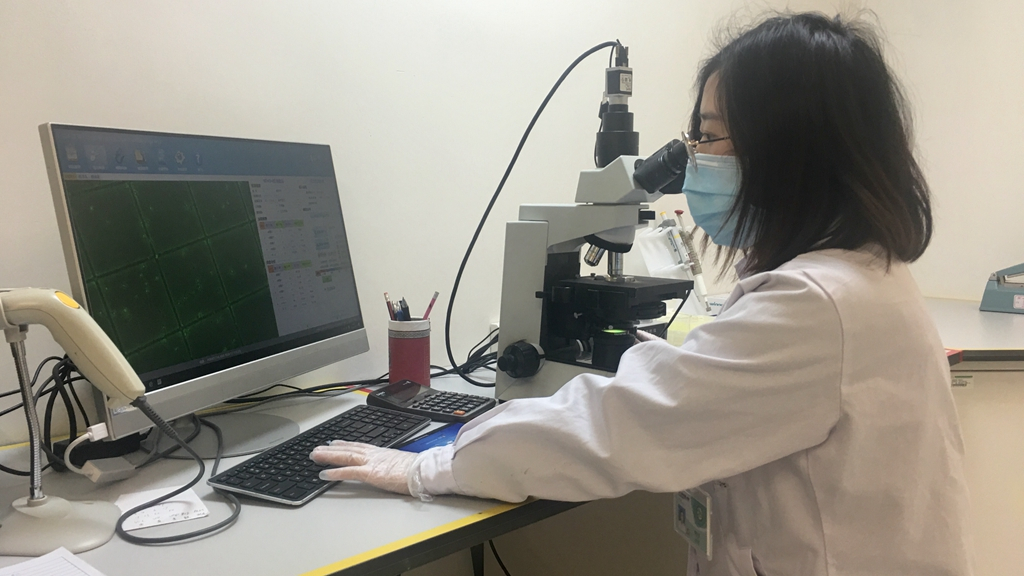
An employee from the Sichuan Sperm Bank analyzes the indicators of the semen collected. /CGTN Photo
An employee from the Sichuan Sperm Bank analyzes the indicators of the semen collected. /CGTN Photo
Zhang Jun (pseudonym) is one of a small minority of people willing to be donors. The 21-year-old university student in Sichuan just made the decision a few weeks ago.
"I learned about sperm donation by accident on the Internet. After looking into it more, I realized it's an act of kindness that can help families with reproductive problems. So I thought, why not give it a try?" he told CGTN.
Many people, instead, are ill-informed with different concerns.
"Like many others, I'm not completely against it, but I still need some time to accept it because of health and privacy concerns," said a young man in Chengdu, the capital city of Sichuan.
"I think it's an issue of social ethics. For example, if the child wants to meet its biological father in the future and come to me, that would be a trouble," another citizen shared his opinion with CGTN.
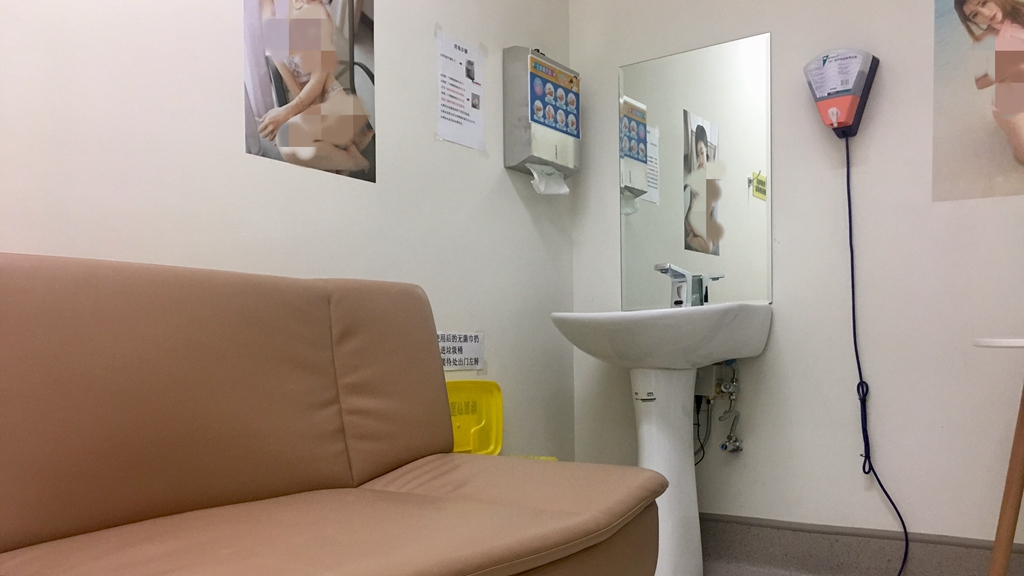
A sperm collection room in the Sichuan Human Sperm Bank. /CGTN Photo
A sperm collection room in the Sichuan Human Sperm Bank. /CGTN Photo
What makes the situation more serious – data from different centers nationwide show only 15 to 20 percent of the semen collected made the grade.
Li Fuping, director of the Sichuan sperm bank, said this can be attributed to various factors.
"A major reason is that there are relatively high criteria for the donated sperm, which is assessed by various indicators. Meanwhile, people today live at a faster pace. Increasing work stress and unhealthy lifestyle can affect the quality of the sperm," Li said.
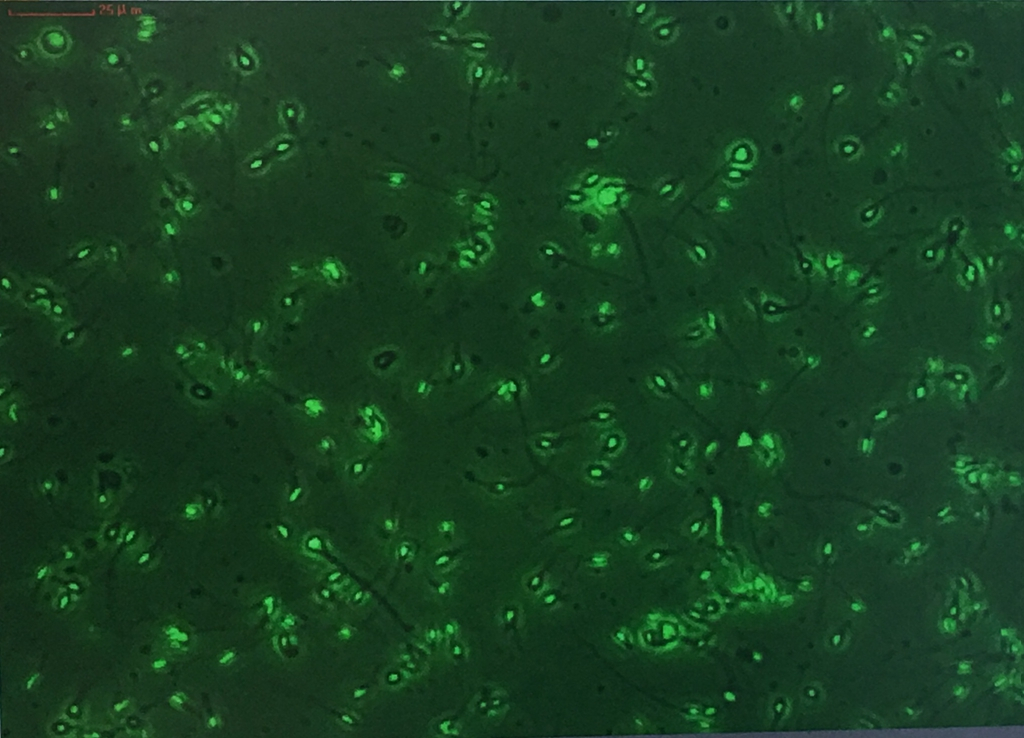
Status of the sperm from a donor at Sichuan Human Sperm Bank. /CGTN Photo
Status of the sperm from a donor at Sichuan Human Sperm Bank. /CGTN Photo
Contrary to the declining number of eligible donors, demand for sperm is soaring as infertility problems worsen. And the gap has widened since China relaxed its decades-long family planning policy.
Statistics show that about 12 to 15 percent of the couples of childbearing age in China have trouble conceiving, with sperm issues being a major reason. Li added that since China abolished the one-child policy, many couples expecting another baby found the husband's sperm to be substandard.
Over the past decade, China has seen a boom of assisted reproduction medical institutions. Sichuan sperm bank says its demand has risen by 15 percent in the past two years. But Li says applicants may have to wait longer if the dilemma continues.
The shortage has even prompted the emergence of "underground" sperm donation, which is dangerous and against social ethics.
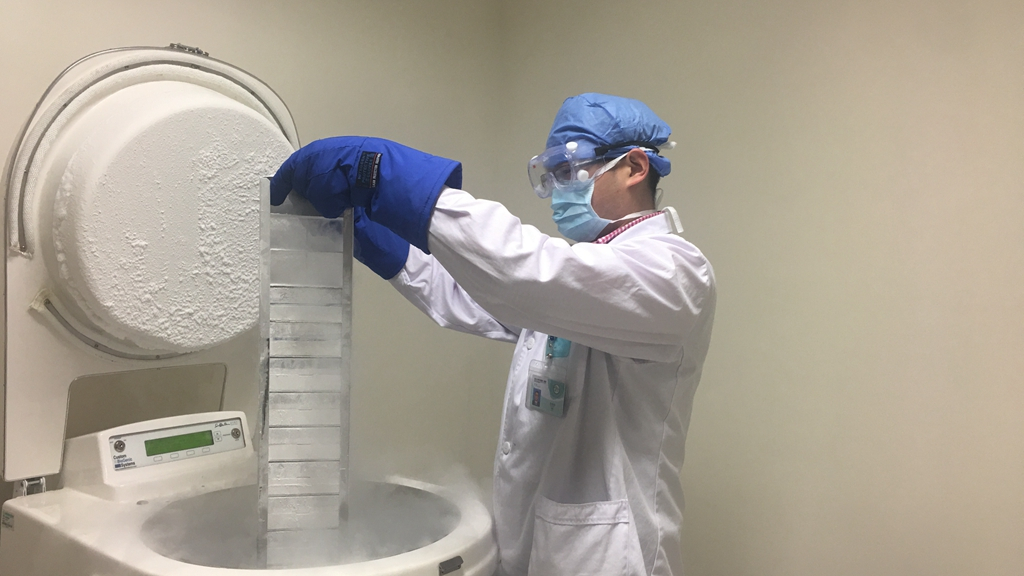
An employee of the Sichuan Human Sperm Bank stores the sperm collected into a liquid nitrogen container of about -190 degrees. /CGTN Photo
An employee of the Sichuan Human Sperm Bank stores the sperm collected into a liquid nitrogen container of about -190 degrees. /CGTN Photo
"We need to do a lot more work to educate the public on reproductive health through different channels. That way, hopefully, we can overcome longstanding misgivings and encourage more to join the undertaking," said Li.
China now has more than 20 sperm banks in different cities. Their criteria for volunteers are almost the same. The whole process, including tests for suitability and HIV, takes about eight to 10 months to complete.

SITEMAP
Copyright © 2018 CGTN. Beijing ICP prepared NO.16065310-3
Copyright © 2018 CGTN. Beijing ICP prepared NO.16065310-3